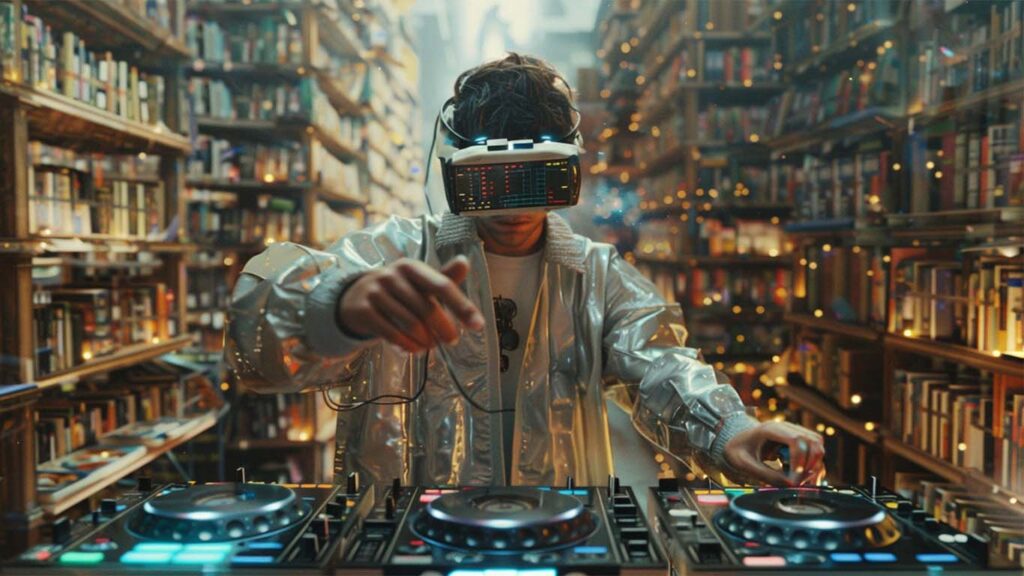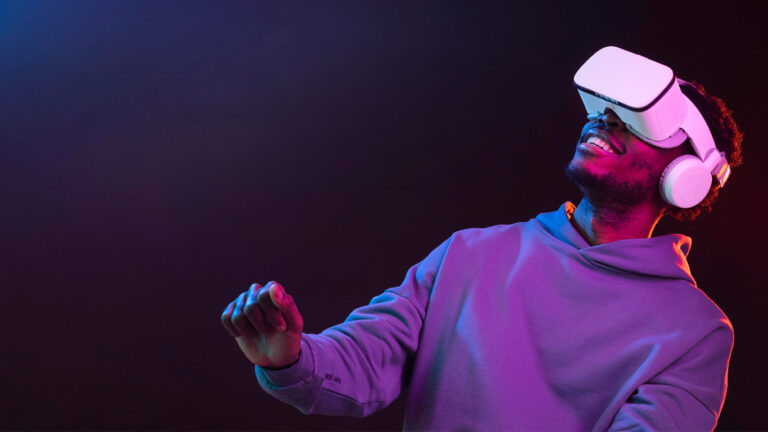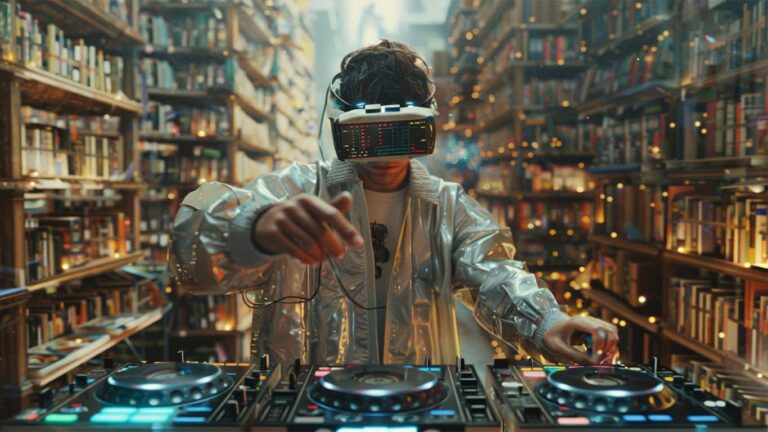
Entertainment
The entertainment industry has undergone dramatic changes over the last few decades, and much of this evolution is driven by technological advancements. From how we consume content to the experiences we can engage in, technology is reshaping media and leisure in ways that were once unimaginable. As new innovations continue to emerge, the future of entertainment is set to be even more immersive, interactive, and personalized.
Let’s dive into the key ways in which technology is transforming the entertainment landscape and how it will shape the future of media and leisure.
1. The Rise of Streaming Services and On-Demand Content
One of the most significant shifts in entertainment has been the transition from traditional broadcast television and movie theaters to streaming platforms. Services like Netflix, Hulu, Amazon Prime Video, and Disney+ have made it easier than ever to access movies, TV shows, and original content at any time, on any device.
Streaming has altered viewing habits, enabling consumers to binge-watch entire seasons of their favorite shows in one sitting and providing greater flexibility than the rigid schedules of traditional broadcasting. As the demand for on-demand content continues to grow, these platforms are investing heavily in original programming, further changing the content landscape.
Impact on the Future: As streaming services continue to dominate, the entertainment industry will see even more consolidation, with tech companies and media conglomerates competing to offer exclusive content. This shift could eventually replace traditional cable and satellite television altogether, making on-demand entertainment the new standard.
2. Virtual and Augmented Reality: Creating Immersive Experiences
Virtual reality (VR) and augmented reality (AR) are pushing the boundaries of entertainment, allowing audiences to engage in fully immersive experiences. VR technology lets users step into entirely virtual worlds, offering experiences like virtual concerts, video games, and even interactive movies. On the other hand, AR overlays digital content onto the real world, enhancing the physical environment with interactive elements.
The gaming industry, in particular, has embraced VR, offering players an unparalleled level of immersion. Meanwhile, AR is being used in mobile apps, such as Pokémon GO, and is increasingly making its way into home entertainment with AR-based devices that turn living rooms into interactive playgrounds.
Impact on the Future: As VR and AR technologies advance, entertainment will no longer be confined to passive consumption. These technologies promise to transform everything from gaming to live events, offering people interactive experiences that engage both the body and the mind. The rise of immersive entertainment will create entirely new forms of leisure and social interaction.
3. AI and Personalization: Tailoring Content to Individual Preferences
Artificial intelligence (AI) is revolutionizing the entertainment experience by offering more personalized content. Platforms like Netflix and Spotify already use algorithms to recommend movies, TV shows, and music based on individual preferences. This trend is expected to grow, with AI becoming increasingly sophisticated in understanding user behaviors, predicting preferences, and creating curated content.
Moreover, AI is helping content creators streamline the production process. Machine learning tools are used to analyze audience data, allowing creators to craft content that is more likely to resonate with viewers. AI is also being used in areas like film editing, scriptwriting, and even music composition, providing new creative possibilities for artists.
Impact on the Future: The future of entertainment will be highly personalized, with content delivered in ways that cater specifically to individual tastes. AI-powered recommendations will ensure that consumers always have access to content that matches their interests, making it easier to navigate an ever-growing sea of media.
4. Social Media and User-Generated Content: Empowering the Audience
Social media platforms like YouTube, TikTok, Instagram, and Twitch have created a new era of entertainment where anyone with a smartphone and an internet connection can become a content creator. User-generated content is now a dominant force in the entertainment industry, with influencers and independent creators building massive followings and monetizing their content through ads, sponsorships, and merchandise sales.
These platforms have also changed how people consume entertainment, with short-form videos and live-streamed events gaining enormous popularity. Social media has made entertainment more interactive and community-driven, allowing viewers to engage with creators, participate in challenges, and share content instantly.
Impact on the Future: As social media continues to evolve, it will further democratize the entertainment industry, enabling more people to create and share their content. This shift may lead to even more decentralized forms of entertainment, where individuals—not just large corporations—play a leading role in shaping media and leisure.
5. 5G Technology and Enhanced Mobile Entertainment
The rollout of 5G technology is set to have a transformative impact on the entertainment industry. With faster speeds and lower latency, 5G will enable seamless streaming of high-definition video, immersive gaming experiences, and real-time interaction in virtual environments. This technology will make it easier to access high-quality content on mobile devices, even in remote areas.
5G will also revolutionize the world of live sports broadcasting, with enhanced mobile apps that provide real-time, multi-angle views of games and immersive fan experiences. Additionally, the advent of 5G will bring about a new era of interactive and live-streamed events, including concerts, gaming tournaments, and virtual reality experiences.
Impact on the Future: 5G will unlock the potential for ultra-high-quality mobile entertainment, allowing consumers to access and experience content in ways that were previously impossible. The future of entertainment will be highly connected, providing a richer, more immersive experience across multiple platforms.
6. The Evolution of Interactive and Live Entertainment
Interactive media is becoming increasingly popular as technology enables audiences to engage directly with the content they consume. Platforms like Netflix have introduced “choose-your-own-adventure” interactive films, such as Bandersnatch, where viewers make decisions that affect the storyline. Similarly, live-streaming services have allowed fans to interact with artists and performers in real time, creating a more engaged, participatory form of entertainment.
In the gaming world, live streaming on platforms like Twitch allows gamers to broadcast their gameplay, interact with fans, and even make a living doing so. This type of interactive entertainment is growing rapidly, with fans becoming active participants in the entertainment experience.
Impact on the Future: The future of entertainment will see even more integration between viewers and creators. Expect more interactive and live experiences where fans not only consume content but also shape and influence it. The lines between audience and creator will continue to blur, making entertainment more dynamic and participatory.
Conclusion: A New Era of Entertainment
The entertainment industry is at the brink of a major transformation. With technological innovations such as streaming platforms, VR and AR experiences, AI-driven personalization, social media content creation, and the rollout of 5G, the future of media and leisure looks brighter and more interactive than ever before. As these technologies continue to evolve, the way we consume and experience entertainment will be increasingly immersive, personalized, and connected.
Share this content:







